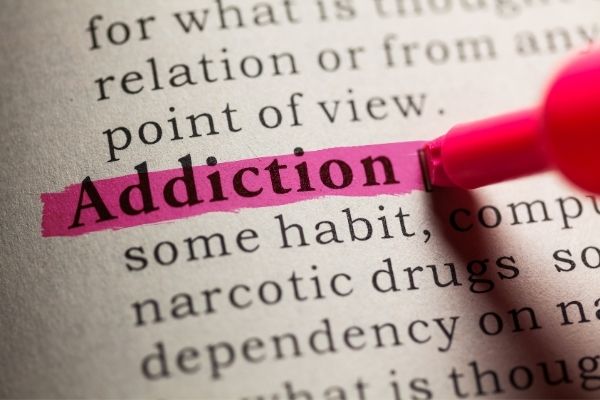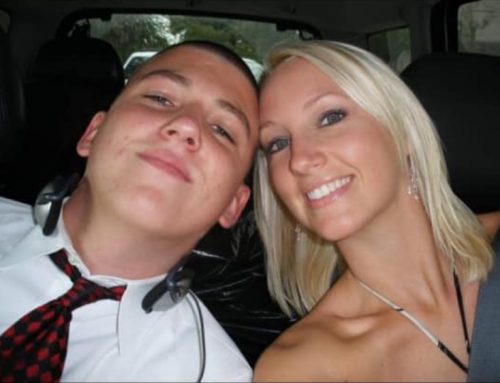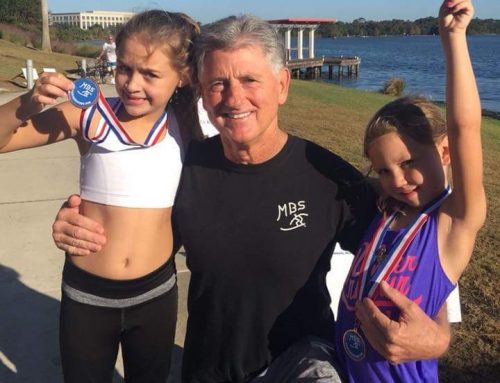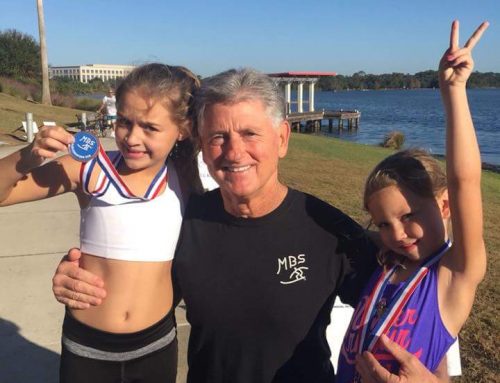We have previously written on this topic! In fact, this blog is, in large part, taken from our article that was published in the 2019 Spring Volume of the Florida Bar-Family Law Section’s Commentator.
Addiction and Family Law
The reality of our world is that virtually everyone is, at some point, impacted by addiction. We either suffer with our own addiction or know a loved one, friend or colleague who suffers with addiction. In our family law cases, especially those dealing with parenting issues, we invariably and consistently handle cases in which a parent’s ability to effectively parent his or her children may be detrimentally impacted by addiction.
My personal struggles with the Beast of Addiction came through my son, John Wayne. I discussed these struggles in an interview that was published in FAMSEG, the monthly newsletter of The Florida Bar Family Law Section, in which I stated, in pertinent part:
My son, John Wayne, Jr ., became addicted to drugs and alcohol when in his teens. After several years of in-patient facilities, out-patient services, counseling and other efforts, my son finally became serious about his recovery in December 2011. I supported his recovery. For Instance, I attended his Narcotics Anonymous (“NA”) meetings and was fortunate to become friends with many of his friends in recovery and to observe first-hand the unbelievably strong network and support group that NA has to offer folks wanting to recapture their lives from the Beast of Addiction. It was at my son’s NA meeting in December 2012 that I, as a proud father, was honored to give my son his one year medallion for having been clean for one year: however, I learned the hard way that, although an addict may find his or her way to recovery, the Beast of Addiction lies in wait for some momentary resurfacing of the addict’s powerlessness over his or her addiction. Indeed, in July 2013, my son relapsed from his recovery, he overdosed, and he died. The Beast of Addiction had taken my son from his family and friends. See An Interview of Two Members: John Foster and Anthony Genova Addiction & Recovery: It’s a Matter of Life or Death, The Florida Bar Family Law Section FAMSEG (April 2018).
I restate this here to emphasize the significance of the issue.
Addiction in Our Cases
Unless there are significant issues mandating otherwise, there are two relevant premises that typically apply to our family cases involving children, to wit:
(1) The court shall order that the parental responsibility for a minor child be shared by both parties: and,
(2) the minor child shall have frequent and continuing contact with both parents after the parents separate or the marriage is dissolved. See § 61.13(2)(c), Florida Statutes.
For a Florida court to order sole parental responsibility rather than shared parental responsibility, or to restrict or suspend contact, there must be some conduct or behavior on the part of a parent that is detrimental to the child. Addiction may constitute this level of detrimental conduct. See e.g., Virant v. Bunce, 899 So.2d 1157 (Fla. 5th DCA 2005) (trial court properly suspended father’s visitation rights because of his abuse of alcohol which included two DUl’s).
Addiction has also been legislatively identified as a potential ground for the termination of parental rights. More specifically, § 39.806(1), Florida Statutes, provides, in pertinent part that a court may terminate the parental rights of a parent or parents who “have a history of extensive, abusive, and chronic use of alcohol or a controlled substance which renders them incapable of caring for the child, and have refused or failed to complete available treatment for such use during the 3-year period immediately preceding the filing of the petition for termination of parental rights.” § 39.806(1)(j), Florida Statutes.
In the event that a parent’s addiction is proven to be detrimental to the child (and assuming that the addiction does not rise to the level permitting a termination of parental rights), the court may temporarily award sole parental responsibility to the other parent or suspend or otherwise restrict the addicted parent’s timesharing, or do both, if doing so is in the child’s best interests. Indeed, Chapter 61 specifically mandates that the court “shall order sole parental responsibility for a minor child to one parent with or without timesharing with the other parent if it is in the best interests of the minor child.” § 61.13(2)(c)2.b., Florida Statutes. When the court suspends or restricts parental contact and responsibilities, the court must expressly set forth the specific steps that the addicted parent must take to reestablish his or her parental responsibilities, contact or timesharing. See Witt-Bahls v. Bahls, 193 So. 3d 35 (Fla. 4th DCA 2016), in which the Court stated: The failure to “set forth any specific requirements or standards” for the alleviation of timesharing restrictions is error. This applies to both the prevention of timesharing altogether and to restrictions. “Essentially, the court must give the parent the key to reconnecting with his or her children. An order that does not set forth the specific steps a parent must take to reestablish time-sharing, thus depriving the parent of that key, is deficient…” (quoting Grigsby in holding judgment was deficient in not setting forth the steps father needed to take in order to establish time sharing). Id. at 38 (citations omitted).
In conclusion, in a case where a parent’s impairments due to addiction or mental health issues or other behaviors are detrimental to the interests of the child, the court may suspend or restrict timesharing provided that specific steps are expressly set forth by the court for the re-establishment of timesharing. One of the tools available for expressing such steps may be Safety Focused Parenting Plan.
Speak With a Family Law Attorney
To speak with a family law attorney regarding parenting issues and substance abuse, contact us.
John Foster, President of FCLC Group, is an advocate within the substance abuse community.





